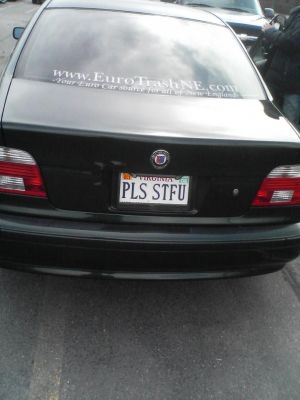In my last post about Seroquel’s future, I mentioned the Hatch-Waxman Act (PDF), which was passed in 1984. The Act was supposed to speed up the adoption of generic drugs when the patents behind name-brand drugs ran out. This happened at first, but as pharmacy has expanded, the Act has created a bottleneck at the FDA. It is speculated that the bottleneck is Big Pharma itself: creative lobbying seems to have resulted in a reduction in the budget for the Office of Generic Drugs — which in turn has limited its capacity to approve generic drugs to some 400 per year.
Unfortunately, I can’t seem to find which drugs’ patents will expire without a generic equivalent to take its place — I suspect that none of them are massively profitable by themselves — but all told, the market value of these 800 drugs is a whopping $78 billion per year for their manufacturers. For comparison, the entire generic drug industry is only worth just over $22 billion — even though it accounts for over half the prescriptions dispensed each year in the United States. Broken down, that’s almost $100 million per drug, ceteris paribus. Regardless of the specifics of each case, the aggregate dollars involved are huge.
